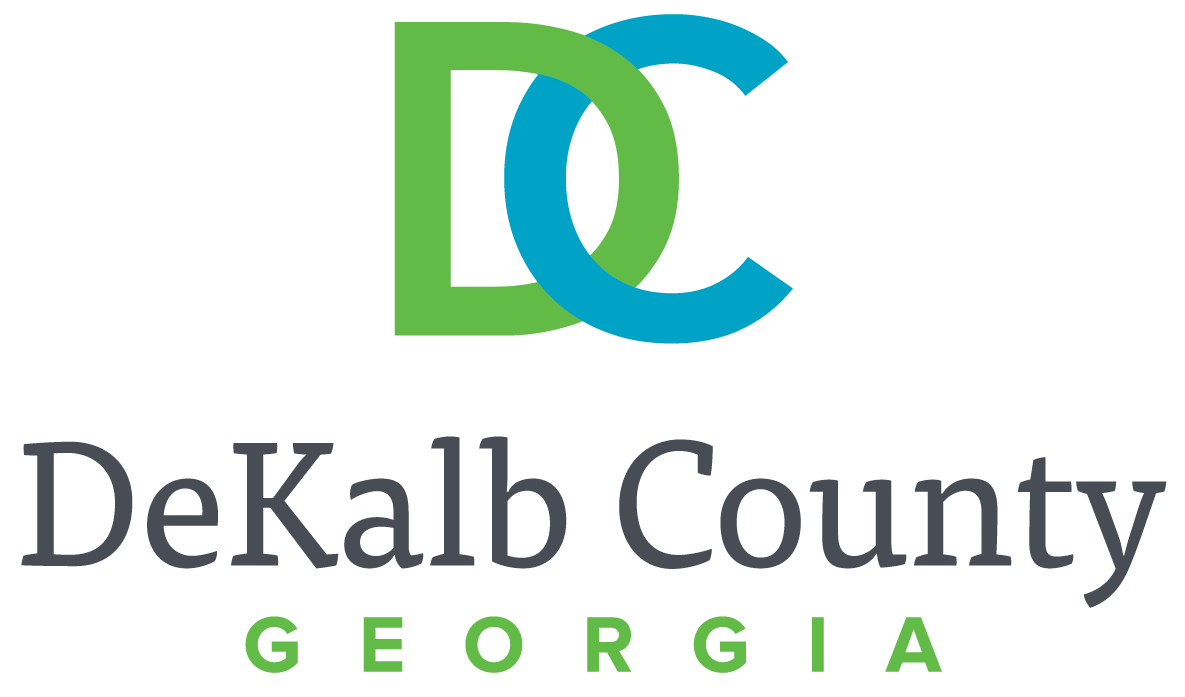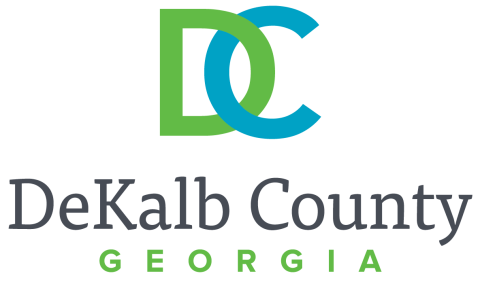
DeKalb County Cooperative Extension will host a virtual “Radon Webinar” on Dec. 14, 2023, from noon to 1 p.m. and Jan. 24, 2024, from 6 to 7 p.m.
Webinar attendees will receive a free radon in air test kit.
Many Georgians spend these cold months huddled inside waiting for a warmer spring. This makes it even more important that we test our homes for radon, a colorless, odorless gas that is the second leading cause of lung cancer.
In DeKalb County, about 18.9 percent of homes have elevated levels of the naturally radioactive gas radon. Over the course of many years, exposure to this gas can cause lung cancer, even in nonsmokers. In fact, radon is the leading cause of lung cancer among nonsmokers. Smokers, current and former, exposed to radon gas have an even greater risk of developing lung cancer.
Radon is a naturally occurring gas that comes from the breakdown of uranium in soil and rock. Often granite rock naturally has high levels of uranium, which is part of why radon is such a persistent problem in Georgia. The gas seeps out of the soil and up through crawlspaces, foundations and basements into a home. About 800 Georgians die annually from radon-induced lung cancer.
Fortunately, testing for radon gas is simple and inexpensive. A short-term radon test is hung in the lowest level of the home for three to seven days before being mailed to the laboratory. The laboratory will then send the homeowner results after it processes the test kit. Test can be obtained from the UGA Radon Program website (www.UGAradon.org) or a hardware store.
If the radon level is high, a homeowner can install a radon reduction system, which reduces indoor radon to acceptable levels. The system most frequently used is a vent pipe system and fan that pulls radon from beneath the house and vents it to the outside.
Radon exposure from drinking water is primarily a concern in private wells. In Georgia, wells drilled into granitic crystalline rock aquifers, usually in the northern part of the state, are at risk of naturally occurring radon contamination.
Well water should be tested to determine whether radon is present. The UGA Agricultural and Environmental Services Laboratories in Athens tests water samples for the presence of radon.
To get a water testing kit, contact the local UGA Extension office or call 1-800-ASK-UGA1.
Registration is required for the webinar and can be found at https://bit.ly/DeKalbRadon.
For more information, contact the DeKalb County Cooperative Extension Office at 404-298-4080, or visit our website at https://extension.uga.edu/county-offices/dekalb.html.

